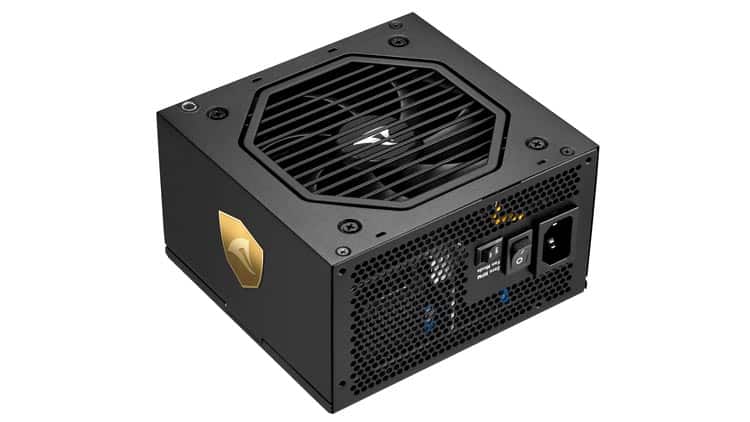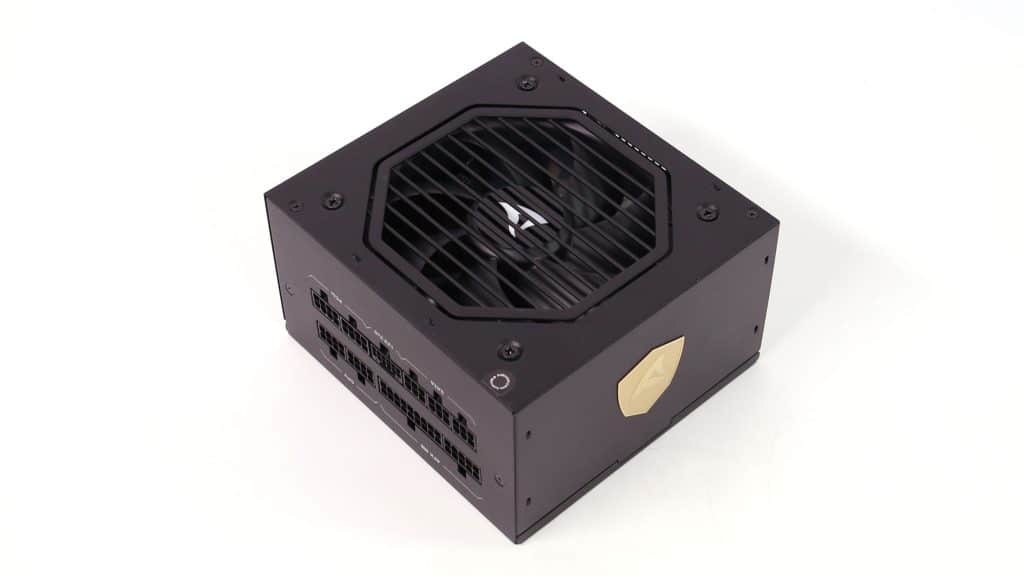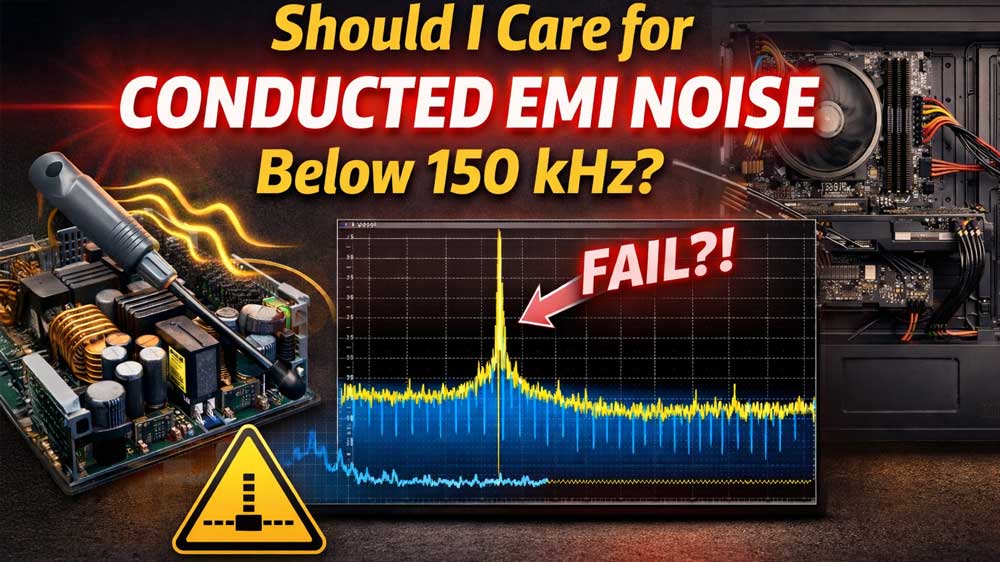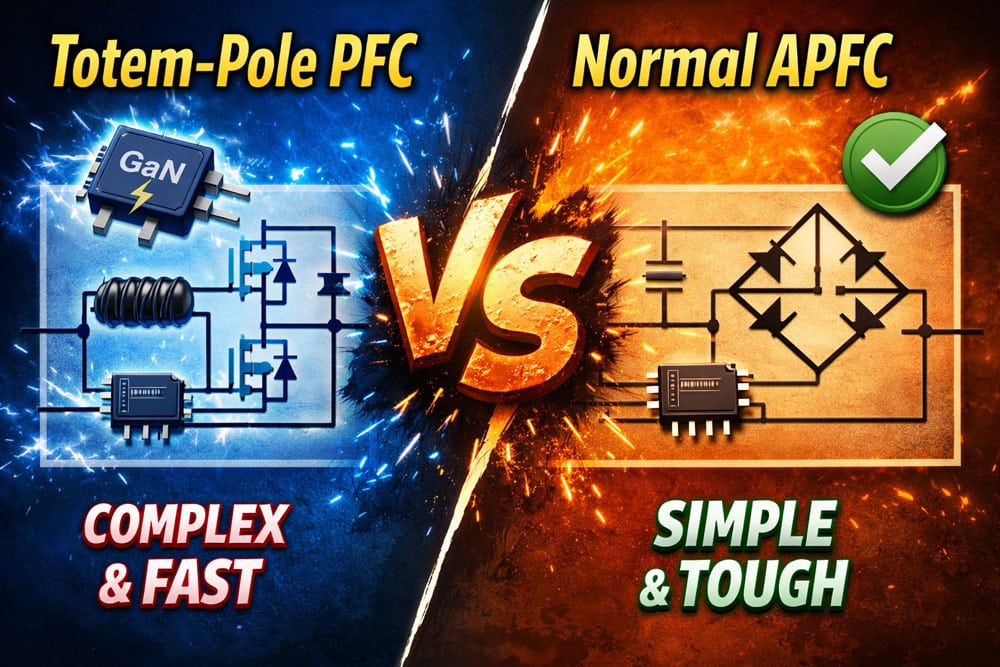Epilogue
The Sharkoon Rebel P20 750W is probably the best of the series. It takes the lead in overall performance from many similar-spec units, and its price is on par with those of them. The only problem for some users will probably be that the provided warranty isn’t as long as in other units by big brands, like Corsair, Seasonic, MSI, and XPG. Still, I have stated many times my thoughts about long warranty periods. I strongly believe that they are nothing more than a marketing trick, and we cannot know in the end if the brands will honor the warranty terms after 5-10 years or find ways to turn them down. It is preferable to have realistic warranty periods than marketing-oriented ones.
The P20 750W is ATX v3.1 compliant and Cybenetics Gold rated in efficiency at both voltage inputs. It also has a Cybenetics A++ noise rating, so its noise output is dead low. Some days ago, we received the white P20 versions at the lab, so we will re-test this unit to verify that the fan speed profile remains the same, or I will get a “special” sample. I hope that this won’t be the case. The fact is that the extremely loose fan speed profile of the P20 750W got me wondering if it will jeopardize the PSU’s reliability in the long run, especially under harsh operating conditions, meaning operation under high temperatures. Even in the high-temperature tests that I conducted, the unit’s fan didn’t exceed 800 RPM in the full load test at 46C ambient! In the 110% load test, though, it jumped to 1351 RPM to effectively remove heat. I should also note that Andyson used large heat sinks to keep in control the thermal loads.
The load regulation is within 1% on all major rails, and ripple suppression is good. The 12V rail’s transient response at high loads (ATX v3.1 test scenarios) is good enough, but the 3.3V rail’s performance is mediocre in this section. The average efficiency meets the Cybenetics Gold criteria, but I would like to see an overall efficiency boost. On the other hand, efficiency with a 2% load is pretty high, easily exceeding Intel’s recommendation of 70%. Lastly, the APFC converter needs tuning for higher PF readings, and the power consumption on standby at 230V should be below 0.1W.
Overall, the Rebel P20 750W is a high-performance, dead-silent PSU at a reasonable price. It is good to see a new player in the demanding PSU market using a less-known but highly capable OEM, Andyson. A tip: for those who are unaware of this OEM, do a Google search about Aerocool’s Project 7 PSUs.
Before investing in a new power supply, read my Best ATX v3.x PSUs article to check all alternative PSU offerings. You help me a lot by using my affiliate links, which don’t increase the product’s price. I get a commission from Amazon every time you do it, which can make a difference for me, especially now that I am on my own, working exclusively for my media and not for someone else.
- Delivered full power at 47°C
- ATX v3.1 and PCIe 5.1 ready
- Good overall performance
- Good transient response at 12V (ATX v3.1 test scenarios)
- Within 1% regulation on all major rails
- Good ripple suppression
- Long hold-up time
- Dead-silent operation
- Efficient 5VSB rail
- Higher than 70% efficiency with a 2% load
- Alternative Low Power Mode (ALPM) compatible
- Good build quality
- FDB fan
- Fully modular
- Enough cables and connectors, including a high-power one (12+4 pin, 600W)
- Long enough distance (150mm) between the peripheral connectors
- Compact dimensions
- Protection features need tuning
- Efficiency needs boosting, especially at normal loads
- APFC converter needs tuning for higher PF readings
- Mediocre transient load response at 3.3V
- Increased vampire power at 230V
- Only a single 4-pin Molex (adapter) is provided





Ripple suppression is IMHO even remarkable, not only good. I compare to the SilverStone DA750R Gold review on Tomshardware, which is a very similar PSU, probably build on the identical Andyson platform (P32).
Just compare the part analysis of the Silverstone and the Sharkoon, the inner build is very similar with some light benefits for the P20 (like the better fan):
https://cdn.mos.cms.futurecdn.net/CWhpy3Gr4RFLT4ycbF7Xi7-970-80.jpg
Heatsinks and layout are identical. Ignore what the review says (“Internally, the DA750R utilizes a platform from HKC and incorporates Ltec, Teapo and Polycap capacitors”) – this is not true if you check the pictures and they admit the error in the comments.
Coming back to ripple supression, the Tomshardware-Review of the DA750R by quote: “Ripple suppression is outstanding for a unit of this class, with maximum ripple levels of 28 mV on the 12V rail, 18 mV on the 5V rail, and 18 mV on the 3.3V rail, well within the industry standard limits for this tier.” If this is truly outstanding, then the PA20 750w should be even better, as it has even lower mVs. Whats better than outstanding? Certainly not the word “good”.
Anyone knows the OEM of the P10-series?